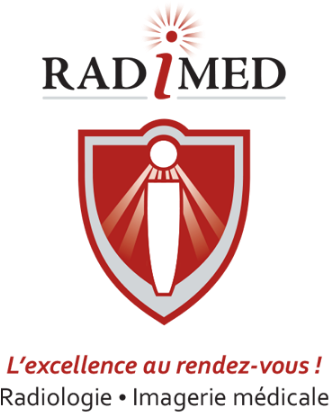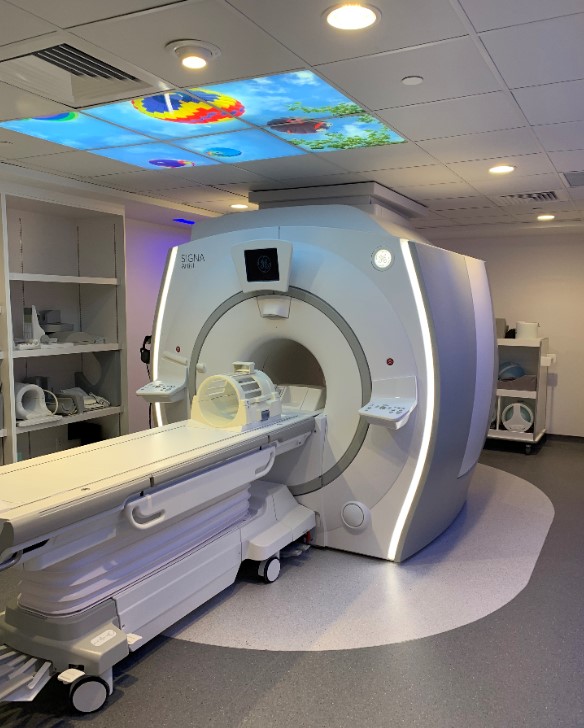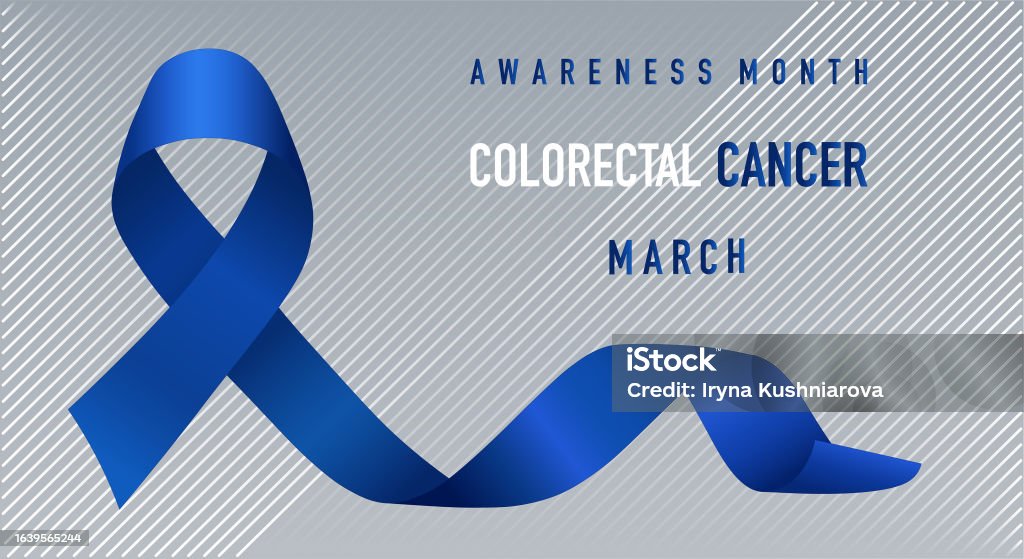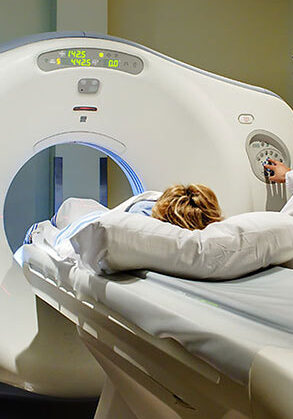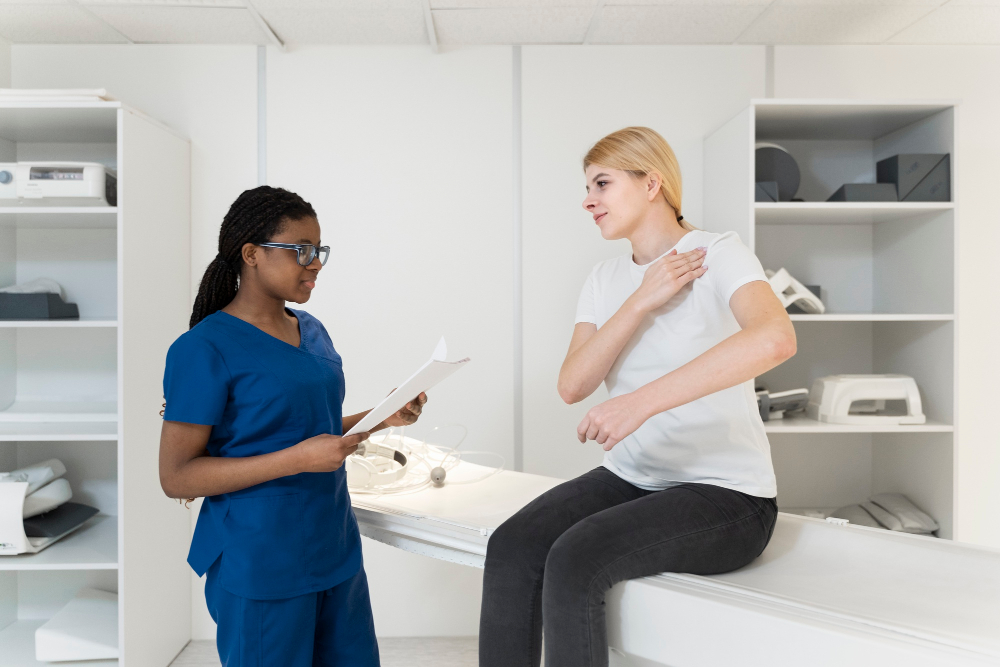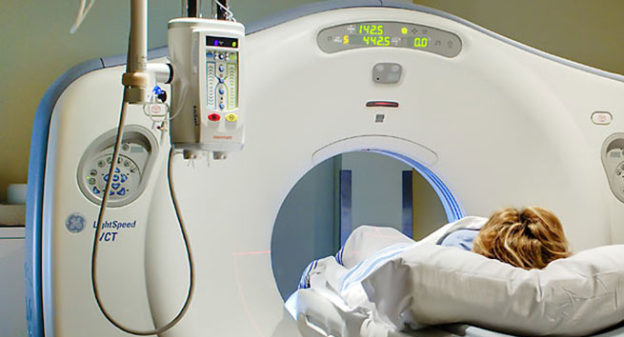What is a cardiac MRI?
Cardiac magnetic resonance imaging, or cardiac MRI, is an advanced medical imaging technique that allows detailed visualization of the structure and function of the heart. It is based on the principle of nuclear magnetic resonance, using powerful magnetic fields and radio waves to create three-dimensional images of the heart and its vessels. This procedure is non-invasive and does not involve ionizing radiation, making it a safe method for heart examination.
What is the purpose of a cardiac MRI?
It is primarily used by doctors and cardiologists to assess the health of the heart, providing crucial information about its size, function, and the presence of diseases or dysfunctions. This medical examination is particularly useful for diagnosing heart conditions such as cardiomyopathies, heart malformations, heart failure, and heart valve problems. It also allows the detection of abnormalities in blood circulation and visualization of coronary arteries to screen for possible obstructions.
The main reason why cardiac MRI is so valuable lies in its ability to provide detailed information about the structure and function of the heart. It enables the observation of the movement of the heart walls, assessment of the amount of blood pumped with each beat (ejection fraction), and detection of any scarred or ischemic areas due to a lack of blood supply or following a myocardial infarction.
Cardiac MRI is particularly useful for patients with nonspecific cardiac symptoms such as chest pain, shortness of breath, palpitations, or abnormal results in other tests. It is also used to evaluate the effectiveness of cardiac treatments, whether they involve medications, surgery, or interventional procedures such as coronary stent placement. Moreover, it can be a valuable tool for planning cardiac operations, providing precise visualization of the anatomical structure of the heart.
Why undergo cardiac magnetic resonance imaging?
Cardiac MRI is a life-saving cardiac examination. It plays a crucial role in early diagnosis, management, and monitoring of heart disease, which can have a significant impact on the health and survival of patients. Here’s how cardiac imaging contributes to saving lives:
- Early diagnosis: Cardiac imaging allows the detection of heart disease at an early stage, sometimes before the onset of obvious symptoms. This enables prompt medical intervention to prevent or slow the progression of the disease.
- Treatment planning: For patients requiring surgery or a medical procedure, cardiac imaging provides essential information for precise treatment planning, minimizing risks and maximizing the chances of success.
- Monitoring treatment effectiveness: Once a patient has started treatment, cardiac imaging can be used to monitor the response to treatment. This allows timely adjustments to medications, procedures, or interventions.
- Risk prediction: Cardiac imaging can help doctors assess the risk of serious complications, such as strokes or heart attacks. By identifying risk factors, healthcare professionals can implement appropriate prevention strategies.
- Evaluation of heart valves: Cardiac imaging is essential for evaluating the function of heart valves. Valve abnormalities, if left untreated, can lead to serious complications, and cardiac imaging allows timely detection.
- Monitoring high-risk patients: High-risk patients for heart diseases, such as those with a family history, can benefit from regular screenings through cardiac imaging, allowing preventive measures before the disease becomes severe.
In summary
In summary, magnetic resonance imaging plays a crucial role in cardiology for early detection, management, monitoring, and prevention of heart diseases. By providing accurate information about the structure and function of the heart, it allows doctors to make informed decisions about treatment, which can improve the quality of life for patients and, in many cases, save lives by preventing serious complications or enabling timely medical intervention.
To schedule a cardiac MRI, you must first obtain a referral.
Who can request a cardiac MRI?
A doctor or specialist, such as a cardiologist, can prescribe a cardiac MRI based on the assessment of your health and the need for the examination.
Where to schedule a cardiac MRI?
Radimed Westmount Square clinic offers private cardiac MRI services. Given the current delays observed in hospitals, this option provides patients with the opportunity to receive a quicker response for their examination.
If you have a referral and wish to schedule an appointment at our Radimed Westmount Square clinic, you can do so online or by calling 514-939-9764.

